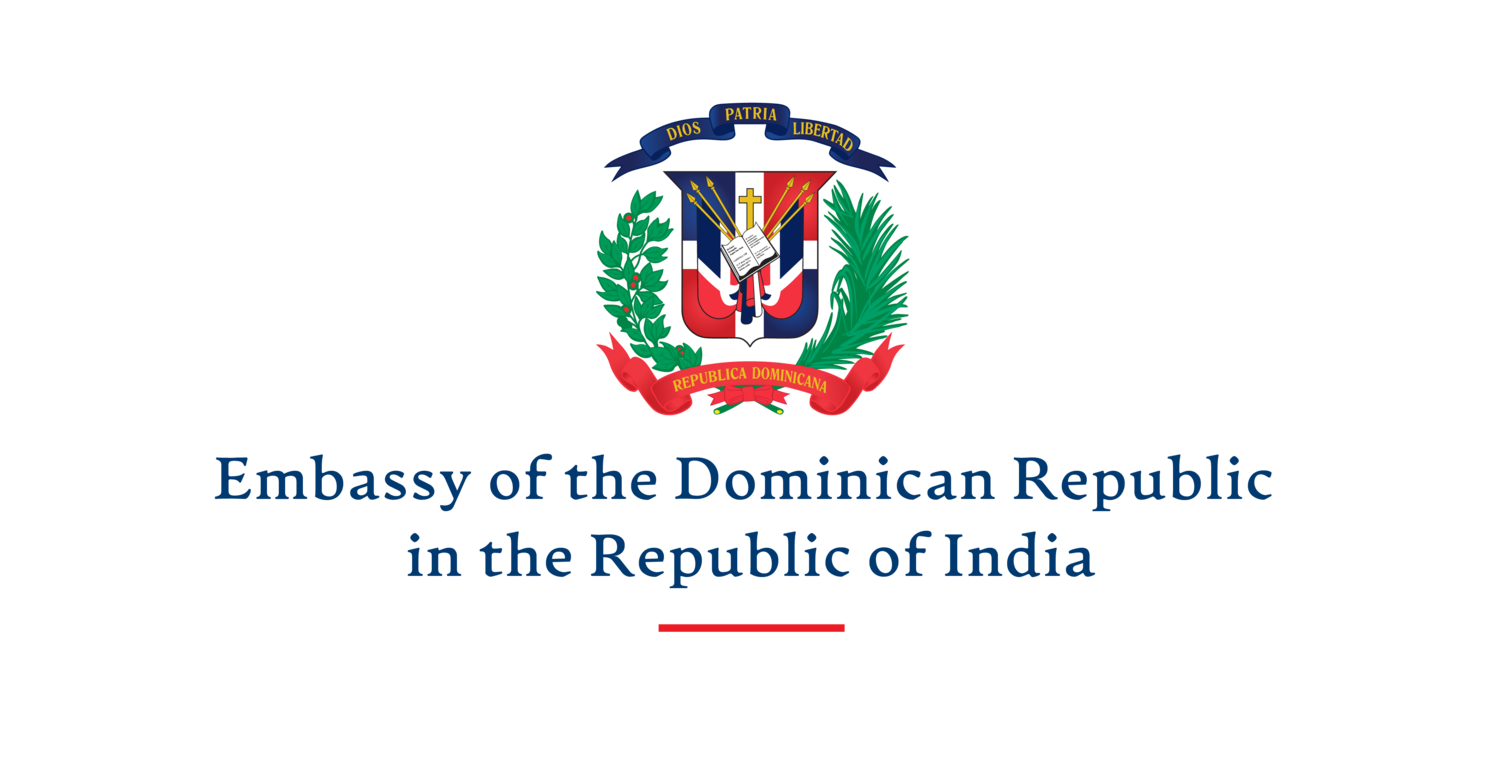“Ana and Anand” a short-story by Josefina Báez
Photo © Giovanni Savino
Josefina Báez has engaged like no other contemporary dominican writer with the present and the rich legacy of indian cultures. A long time New-York resident, she claims to feel equally at ease in her home town, La Romana in Dominican Republic, and in the hills of Andhra Pradesh. In her books, she has fleshed out the migrating experience of working class black women, affirming that despite the hardships of those journeys, identity is a powerful spiritual resource: open to change, it redefines and expands itself through the encounters with new cultures.
In her path, Josefina Báez writings, teachings and performances have all been shaped by her acute observations of everyday life in India as well as by her practice of yoga, meditation, Kathak and Kuchipudi dances. She has lead retreats in Bangalore and conducted workshops at Jadavpur University in Kolkata. Her work has also been presented at the India International Center in New Delhi. A translation to bengali of her book Dominicanish was published in 2008.
In this first blog entry we invite you to read “Ana and Anand”, a short prose text that describes the brief encounter between a dominican boy and an indian girl, at the Motor Vehicle office in Harlem.
Ana and Anand
Translators and interpreters at the tender age of seven.
Ana and Anand arrived at the Motor Vehicle office in Harlem at midday.
Two camps were formed. We do not see the tents.
But two empty chairs divided, established boundaries, borders or framed our two families.
Or those two chairs are occupied just by the distrust, migrant shyness and all other clichés.
In the right side: a father, a mother and a boy.
In the left side: a father, a mother and a girl.
From the left, the girl’s smile invited the boy to quickly jump from his chair and join her in joy and games.
María!
Meena!
we heard the fathers emphatically called.
Meena and María, looked at each other and agreed to allow the children to play. This agreement just had smiles as first clause and as signature their shoulders danced the usually “So”.
The fathers contested the summons with very particular ways of saying no. Even though they used their heads, each had a very personal dance to it.
But the message went to the open, both commenting the same old song:
“In my country is different.
You are becoming an American. Too American.
They should not play together.
We do not know him/her.
She/he is different from us.
They are different from us”.
Ana and Anand are flying. Flying planes first made out by their hands.
Anand and Ana now have become planes with their games.
The plane took over their entire bodies.
And their bodies have become crosses. Crosses that fly walking fast. Running.
Fasten your seat belts.
Turbulences ahead.
Across the skies. Across colored skies.
Blue. Neeli. Azul. Yellow. Amarillo. Pasupu
Rojo. Yerra. Red. Green. Verde. Peccha.
Meena and María are cuddling each family’s passports.
Aloof, the passports are resting in their laps.
And from time to time they remember their long journey from home to Harlem. Here they are:
Republic of India passport
Dominican Republic passport
Anand’s parents are from Hyderabad, AP, India.
Ana’s parents are from Higüey, PA, Dominican Republic. Across the skies. Across colored skies.
Blue.
Yellow.
Red.
Green.
Meena and María are uncontested queens of sweets.
Sweets made with milk; softened with potatoes, cardamom spiced, touched with a teaspoon of vanilla, sprinkled with cinnamon, dressed with silver.
This is the alchemy known to all in AP and PA.
Sweet heritage.
Sweet milky heritage way.
Their own milky way.
Meena is carrying Hyderabad in her earrings bought at Basheer Bagh Circle.
María carries the Virgin of Higher Grace in her earrings.
Amarillo. Pasupu.
Rojo. Yerra.
Azul. Neeli
Verde. Peccha.
I passed in front of the camps.
And both parents’ thoughts were displayed in their foreheads:
“Dreadlocks are dirty.
Do they wash their matted hair?
Dirty. Ugly. Really ugly”
Little did they know that our stories and histories are intertwined; that their eyes and my eyes have seen the same houses, walked the same roads, taken the same rickshaws...taking the same motoconcho. In their wildest dreams, they could not imagine that I have just returned from Hyderabad. And that before the journey, I went to Higüey.
Ana speaks with Anand in Spanish. He responds, with no hassle, in Telegú.
Anand speaks with Ana in Telegú.
She responds, not a bit bothered, in Spanish.
Both families are called to the windows.
Anand and Ana smiled as their planes arrived to another destiny. Three steps towards their parents and their body went to the interpreter’s character in full.
At the window the office workers, as routine litany in a migrant sea:
-Who filled the application?
-Me.
-Where is this voice coming from?
-From my mouth, both translators said laughing about the questions and their answers. Now facing the clerk, on their parents’s arms, to the amazement of the adults,
Anand repeated the colors in Spanish
Ana phrased them in Telegú.
Text originally published in Vislumbres magazine #1 and reproduced with the authorization of the author.
Josefina Baez
Bio : Josefina Baez (Dominican Republic/USA) Storyteller, ArteSana, performer, writer, theatre director, educator, devotee. Founder and director of Latinarte/Ay Ombe Theatre (April 1986). Alchemist of artistic/creative life process, Performance Autology© (creative process based on the autobiography of the doer). Joy is the vital element present in her narrative, practice and teachings.
https://www.josefinabaez.com
https://www.patreon.com/josefinabaezayombet


